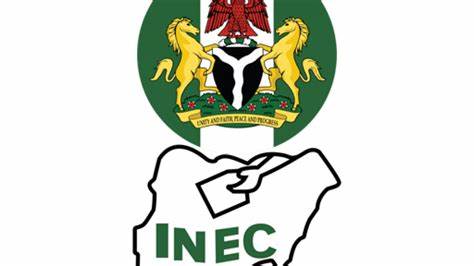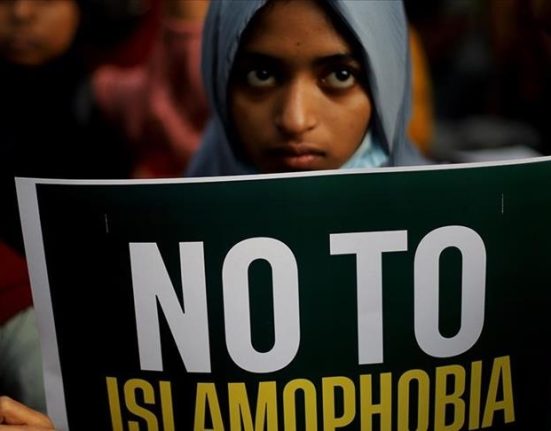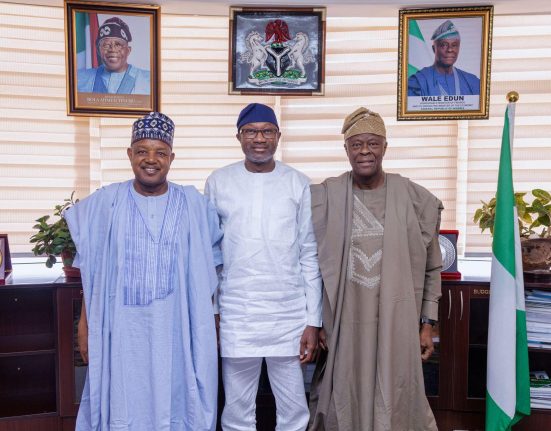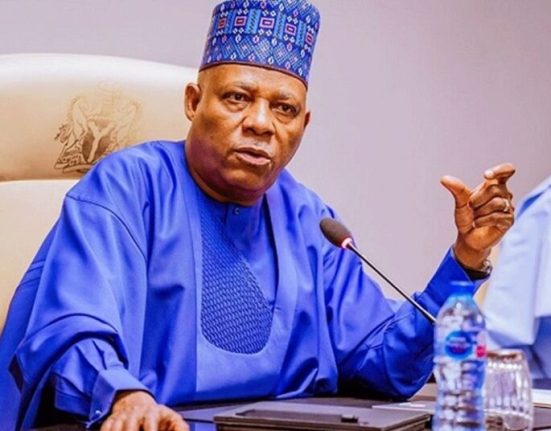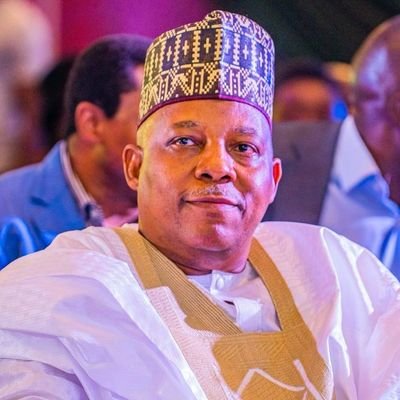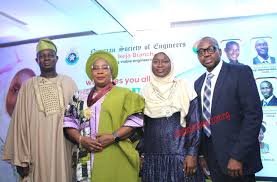The Independent National Electoral Commission (INEC) has reiterated its commitment to improving Nigeria’s electoral process in preparation for the 2027 general elections, while emphasizing its openness to public scrutiny through election petitions. This assurance was made during the launch of the report titled “From Ballot to the Court”, which provides an in-depth analysis of election petition litigation following the 2023 general elections. INEC Chairman, Prof Mahmoud Yakubu, who was represented by the Commission’s Director of Litigation and Prosecution, Tanimu Inuwa, commended the Policy and Legal Advocacy Centre (PLAC) for their extensive research into electoral developments.
Prof Yakubu expressed INEC’s willingness to continue collaborating with civil society organizations like PLAC, underscoring the Commission’s commitment to transparency and accountability in its operations. Reflecting on the 2023 elections, the INEC Chairman noted that a significant number of petitions were successful, a positive sign of Nigeria’s growing electoral framework. He attributed this development to various factors, including those highlighted in the PLAC report, and emphasized that it indicates considerable improvement in the administration of elections in Nigeria.
The “From Ballot to the Court” report, which focuses on election petition tribunals, revealed that 88.9 percent of the 895 cases analyzed were unsuccessful, while just 11.1 percent succeeded. At the Court of Appeal, 79.4 percent of 588 election appeals were dismissed, with only 20.9 percent yielding a favorable outcome. Prof Yakubu acknowledged that the high rate of failed petitions raised concerns about the efficiency of Nigeria’s electoral dispute resolution system. Nonetheless, he pointed to the narrowing margins between winners and losers in recent elections, noting that the differences were no longer as wide as they once were. “The margins are now thinner, which is a marked shift from previous elections,” he remarked.
The report, which was compiled with the support of the European Union, offers a detailed overview of the role of the judiciary in electoral outcomes, providing insights into the growing number of post-election litigations. PLAC’s Executive Director, Clement Nwankwo, described this surge in electoral litigation as a troubling trend. He highlighted the judiciary’s increasing role in managing elections, emphasizing the need for legislative reforms and improved conduct by electoral bodies. Nwankwo also stressed the importance of building the capacity of judges handling election disputes, calling for further investments in their training and expertise to ensure a more effective resolution of electoral conflicts.
As INEC prepares for the 2027 elections, the Commission’s focus on improving electoral transparency and strengthening the legal framework reflects its ongoing efforts to ensure the credibility and reliability of Nigeria’s elections in the years to come.

